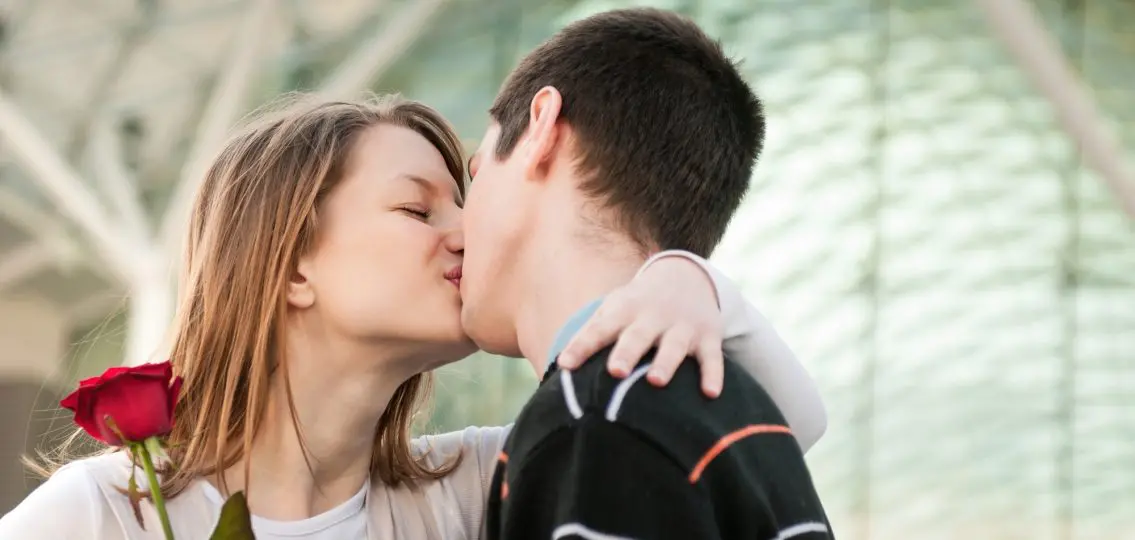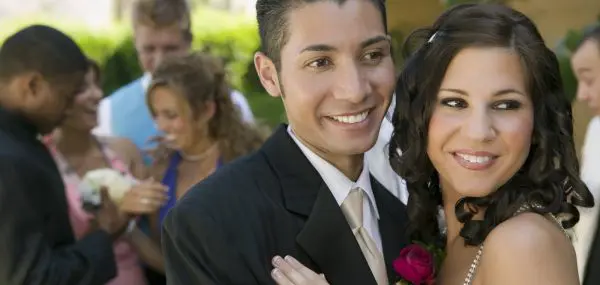Dear Your Teen:
I heard Peggy Orenstein’s interview on NPR and I found it very disturbing. It’s possible that it’s a generation gap but I was sad that girls are giving but not getting. Orenstein’s research only focuses on girls. I was wondering whether there has been any research on boys and their perspective on this “hookup culture”. I’d like to think that both boys and girls are wired for love and relationships but I wonder if that model is broken.
EXPERT | Dr. David Anderson
For parents, the thought of their teen or young adult engaging in sexual activity is a frequent concern. In my work at the Child Mind Institute, it’s fairly common with any teen or young adult to have at least one therapy session (and usually at least one session with parents as well) focused on decision-making, consent, and safety as it relates to sex or romantic relationships. And it’s almost inevitable that parents and teens will at some point need to have some delicate and awkward conversations.
Hookups are generally defined as sexual activity of some kind (not necessarily intercourse) without the expectation of a committed relationship. Surveys do indicate that a higher percentage of males seek out hookups. They are comfortable with a wider range of sexual activities, and feel more positively about hookup culture. However, studies also emphasize the significant overlap between the sexes on reports of both positive and negative emotions/consequences during and after hookups. Additionally, even if the percentage may be lower for males, a majority of both sexes still prefer committed relationships. That is one major difference with hookups vs dating.
Boys And Relationships: Let’s Talk Hookup Culture
So hookup culture, for better or worse, will continue to be a powerful force in the development of young adults. We want to be sure to provide the right support for navigating these challenges. Here are some ideas for talking with boys and girls about hookup culture:
Emotional Consequences of Hooking Up
While many teens and young adults experience positive emotions both during and after a hookup, feelings of disappointment, embarrassment, and regret are still quite common. Whether they seek support from parents, friends, or a mental health professional, we want to make sure that young adults have open lines of communication. We want to help them discuss their feelings. We want them to be assertive in their decision-making process, and (often most importantly) consider others’ needs and feelings.
Safe Sex
Given that the majority of teens and young adults will have some experience with hookups, they absolutely need trusted adults who can have those awkward but enormously important conversations about safe sex. While condom usage has increased in the United States over the past few decades, current studies of teens and young adults indicate notable increases in the frequency of unprotected oral sex, underestimation of the risks of STIs, and a large percentage of hookups involving unprotected vaginal sex.
The Role of Alcohol
Research highlights the major role that alcohol plays in facilitating hookup behavior, especially binge drinking. Alcohol consumption is linked to impaired decision-making. There are a host of issues that need to be discussed with teens and young adults about how to ensure safe and consensual interactions when one or both parties may be under the influence of alcohol or drugs.
Consent
This is perhaps the least discussed yet most important topic in the context of hookup culture. Studies of heterosexual hookups show that a higher percentage of men seek out hookups. It shows that men may overestimate a female partner’s comfort with sexual behaviors, and that up to 8 percent of sexual encounters may be perceived as unwanted or even nonconsensual.
Safe, Consensual, Mutually Enjoyable Sex
Whether it’s in the context of a hookup or a committed relationship, opposite-sex or same-sex sexual encounter, it’s crucial to convey to our children that both parties should feel that they have the ability to ensure that sexual activity is safe and consensual and to advocate for mutual enjoyment. And that’s a message that is far too often lost amidst the challenges of adolescence and young adulthood.




